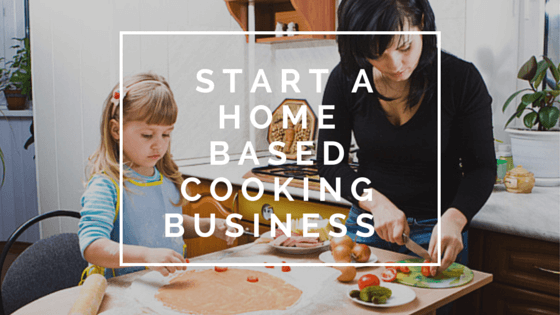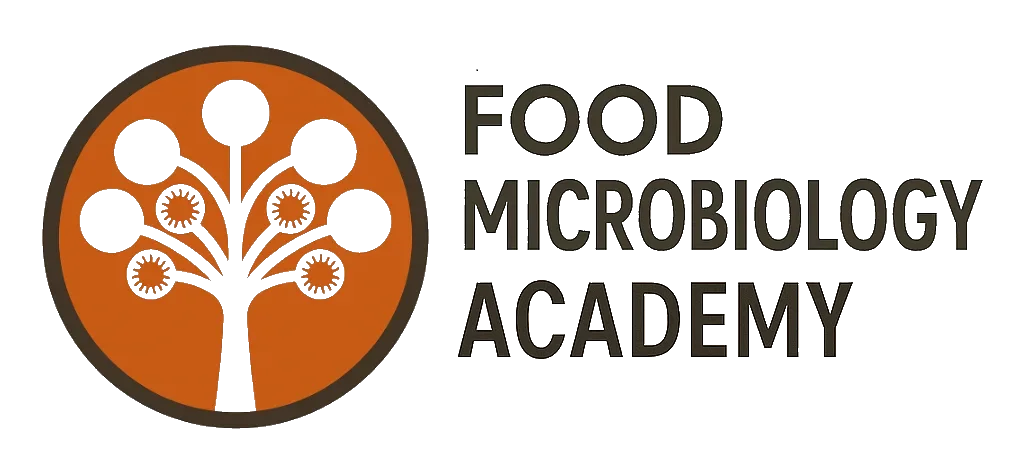Australia, through Food Standards Australia New Zealand, and the various state/territory and local governments, maintains high standards in all aspects of our food system. This is particularly evident with regard to food safety and quality. I want to point out these high standards that we enjoy with a specific example, the tight regulations that surround people selling home-cooked food. Food is a hazardous commodity – many people get sick every year and people die every, by and large because people don’t follow precautions and steps that food safety experts, food microbiologists, state need to be followed. While responsibility for food safety lies right across the entire agrifood supply chain from primary production, the agricultural environment, through food manufacturing and its associated storage and distribution, to retailing and the domestic environment. Everywhere but the domestic environment is under strict control and very tight regulation by government authorities, to absolutely minimise the amount of food safety incidents that originate outside of the home. This works, as comparatively few food safety incidents can be linked to the agricultural environment, manufacturing or retailing. On the other hand, the domestic environment is only under control by consumers rather than government authorities. Therefore as a result, we many more food safety incidence taking place in the domestic environment.

Consumers, the general public, are generally not food safety trained. Many have been following the same food preparation regime for years, or decades, and many have learnt their food safety practices from family and/or friends perhaps, or perhaps the mass media. Really, there’s not many other outlets for food safety information, apart from government websites or government social media pages, and really, how many people go looking for food safety information on Instagram or follow the CDC or EFSA on Instagram? Not too many general consumers I’m sure. With a lack of real understanding about food safety, repeating questionable food safety practices being dnetaken and few channels that the general public would engage with that actually promote such information, it is not surprising that the incidence of food safety cases is highest in the domestic enrivonment. Furthermore, it is likely to be even higher than what we know for sure because many self-limiting cases or even outbreaks perhaps, go undetected in the community.

As examples, how many people actually test their meat temperature, thaw their meat correctly, avoid cross contamination by eliminating aerosol generation and surface recontamination and adhere to the strict timing that is necessary for foods to be out of the temperature danger zone? Not too many, or at least not enough, that’s for sure. For example, how many people have you seen doing the following unsafe and downright dangerous practices, without giving them a second thought, almost doing them routinely?
- Consuming their eggs runny.
- Not measuring the internal temperature of meat.
- Bringing rice to work and leaving it at room temperature for several hours
- Thawing meat on the kitchen bench.
- Allowing pets in the kitchen.
:max_bytes(150000):strip_icc()/how-to-thaw-meat-quickly-1388007-ADD-FINAL-V3-9bf7ba24bab94ad6a0422da0510765c3.png)
All of these are pretty common occurrences in the domestic kitchen, yet are very unsafe indeed. In fact, looking at the last one, I’ve stayed in homes as a visitor where not only is the dog of the house permitted to freely enter and wander through the kitchen, but at mealtimes, the dog even attempts to reach the plates of food on the dinner table. With all these happening, who can trust unregulated and unregistered domestic kitchens to do that right with regard to food safety? It’s bad enough when you are a visitor in a home, and being unable to control the food safety and hygiene practices, and so then, why would you buy food from an unregistered food business? These days, there seems to be a proliferation of online food businesses, those that take orders online with payment made in cash only, and pick-up directly from their car in suburban carparks. Of course, some of these could very well be registered with their local council as a food business, but the measures they take to be untraceable, it just makes you wonder if they are registered of not. Is it worth the risk? based on the above unsafe food practices that are unfortunately all too common in the domestic environment. If you are unsure, and to be safe, simply ask for proof of their council registration as a food business. Such business can, and should be allowed to, fulfil an important part of the food culture. The food available from such places is typically really authentic and helps building a culture-based community through authentic food from faraway lands. It also enables another source of income for the people preparing these meals. However, it all must be done legally to ensure the high food safety standards in Australia are maintained and those vendors that do go through the lengthly and complex process of food business registration with their local government authorities are not disadvantaged for doing the right thing. Ask for proof of registration and support our registered food businesses!
For more information if you are thinking of starting a home-based food business, take a look at the link below:
https://www2.health.vic.gov.au/public-health/food-safety/food-businesses/starting-a-food-business
https://www.foodstandards.gov.au/foodsafety/standards/Pages/Home-based-food-businesses.aspx



